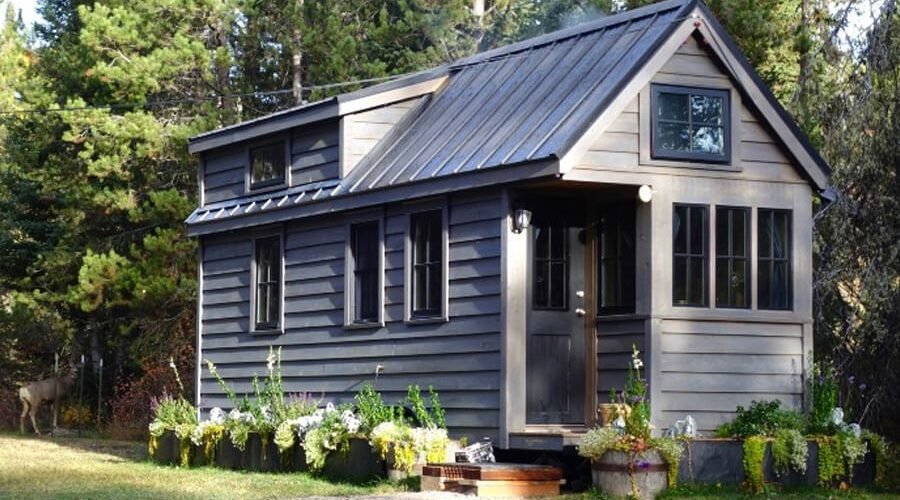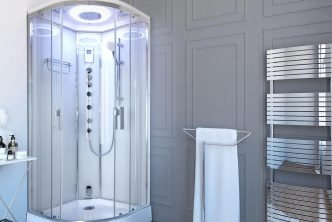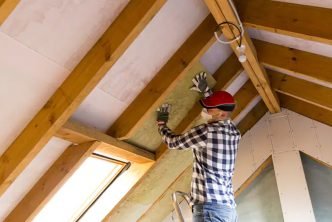An Accessory dwelling unit is a convenient and affordable way to add extra living space, generate rental income, or gain additional flexibility in your home. Accessory dwelling units are typically one to two bedrooms with bathrooms and kitchen facilities, built outside the primary residence and even featuring a private entrance. Depending on local zoning regulations, some cities may even allow you to make an ADU without asking for permission from local authorities.
Table of Contents
The benefits of building an ADU and how it can help you save money.
Increase in rental income.
Building an Accessory dwelling unit can be a sound financial investment to help you save money. An Accessory dwelling unit is an additional space attached to or located in the backyard of existing homes. These units can be rented out for income, and their value climbs with real estate appreciation. Investing in a rental property is often less risky than investing in stocks since it does not depend on wild market swings. Furthermore, taxpayers may even qualify for government incentives when building an ADU that can help offset the construction cost. Creating an ADU is an effective way to generate a reliable passive income for homeowners.
More flexible options.
If you want to save money and have more choices, then an Accessory dwelling unit can be the perfect fit. ADUs allow you to use them as rental property to generate extra income as a place for family or visitors to stay. It can be used as an office or workspace as well. With the little effort required to rent out the space, you could gain valuable returns.
Lower utility costs.
Discover the savings that come with building an Accessory dwelling unit. Whether you are hoping to rent one out to supplement your income or downsize into one, ADUs provide significant cost benefits. From their smaller floor plans that require less energy to heat and cool due to their size, homeowners can look forward to significantly lower utility bills. So if you are looking for ways to cut costs without sacrificing comfort and convenience, then an ADU is the perfect solution.
Different types of Accessory dwelling units
Accessory dwelling units come in different types. Some of these examples include:
Detached ADUs
If you seek an independent living arrangement or additional privacy, detached accessory dwelling units are the perfect solution. These backyard cottages stand alone on a given property, meaning that constructing them requires no alterations to existing dwellings or garages. Living alone or with a family member in these distinct spaces makes for an independent lifestyle that can’t be matched elsewhere. Detached ADUs are an excellent opportunity for smaller-scale privacy and autonomy.
Attached ADUs
If you are eager to build an ADU on your lot, an attached ADU could be the perfect option. These in-law units or rental housing spaces are connected to the main house or another structure and make the most of available land by eliminating any gap between the ADU and the primary residence. Just remember that structurally separating the ADU from the rest of the home may require fire-rated walls, which could increase cost and labor when updating the connection between the two.
Factors to consider when looking for a trusted ADU builder.
Are you searching for Portlands trusted ADU builder? If so, then here are some of the factors to consider.
Reputation
Considering the builder’s reputation before deciding on the builder you want to work with is essential. Research the builder’s background and read the reviews from other customers to get a good idea of their performance and the customer service they offer. They are also getting to look at the portfolio on the website to assess the quality. You can enquire from previous clients about their experience with the specific builder.
Experience
It would be best if you are looking for a company that specializes in constructing ADUs and has plenty of experience. It is essential to get a team that is knowledgeable and capable of building small-scale dwellings.
Reliability
It is essential to check if the builder provides reliable communication throughout the construction of the ADU. It is necessary to have peace of mind that a trusted builder will get to remain committed until your project is done.
Budget
Make sure to ask all the detailed questions regarding pricing upfront to avoid being blindsided by surprises fees further down the line. It helps to clearly understand the cost associated with each stage of construction before hiring a builder.
Communication
It is essential to get a contractor who values communication and can keep up with your job till the end. This is important to keep tabs on how the construction is and even know when something needs to be addressed.
Location
It is essential to get a builder close to your location so that it can be easy to approach them and come up with a good list of what is required for your construction. This will enable you to be able to even meet up with your builder without having to travel long distances, and you can also be able to contact them for any emergency services.





